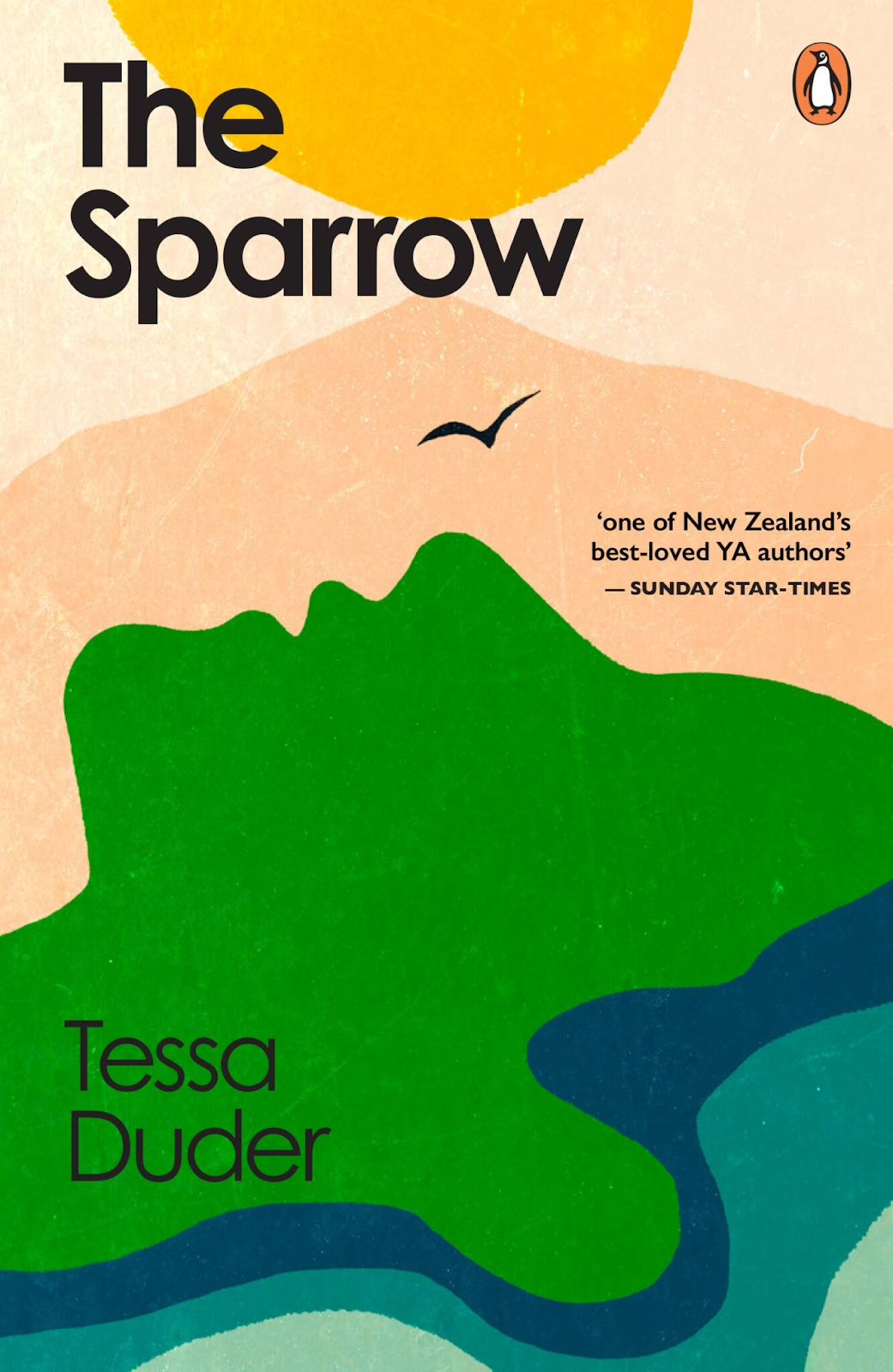The
Sparrow, by Tessa Duder. Young
Adults
Auckland
writer Tessa Duder dedicates this book ‘to the memory of the women and girls
cruelly and unjustly convicted, transported and imprisoned 12,000 miles from
their homeland, to those who died and those who, against all odds, survived.’
And
one such survivor in 1840 is Harriet, convicted at the age of 10 of stealing an
apple at a market in her Sussex home town:
she didn’t steal the apple; her
jealous older brother connived with his friend to get her arrested by the local
constable for theft – that would teach her to think she was better, and
better-loved by their parents who, regardless of their desperate attempts to
save their little girl from her fate, were powerless to stop her being
transported to Van Diemen’s Land (now Tasmania).
As
if the sea voyage weren’t horrific enough, the destination is even worse, and
an attempt by Harriet to escape brings even more punishment raining on her
cruelly shaved head. She will die
soon: she knows it - except for the
human kindness we all should have, shown to her by one of the jailors. She engineers a successful escape for a
little girl whom she feels is not destined to die in such a hellhole and
Harriet, eventually disguised as Harry stows away on the very same ship that
transported her to Hobart: she’s
desperate to return home to her parents, but a side trip first to New Zealand is
a compulsory exercise – she can hardly go to the captain as a stowaway and
demand to be taken back to England. But
once more she meets kindness in the shape of an Irish seaman who discovers her
hiding place and provides her with food and advice – lots of it, to the effect
that when she arrives in Auckland, her boy’s disguise complete, she has no
problem becoming a messenger boy and earning coins from all the Big-Wigs who
have arrived to establish Auckland as the new capital of New Zealand.
Along
with material for a 16-room mansion for the new Governor, the class system has
been imported, too – there are clear guidelines as to where everyone should
settle: manual workers at Mechanics Bay,
Officials at Official Bay, and business people at Commercial Bay. And everyone in their little tent villages is
supplied with food and vegetables by ‘the natives’. Who are not to be trusted. Just because.
They are brown, have tattoos, are half-naked, and don’t speak English. Never mind that they provide most of the food
the settlers eat – that’s immaterial.
They are not to be trusted.
Ms
Duder’s account of our early years as a nation is ruthlessly honest and uncompromising,
and she has created in Harriet the same qualities, along with courage and
resourcefulness. This story was a
pleasure to read. SIX STARS.


No comments:
Post a Comment